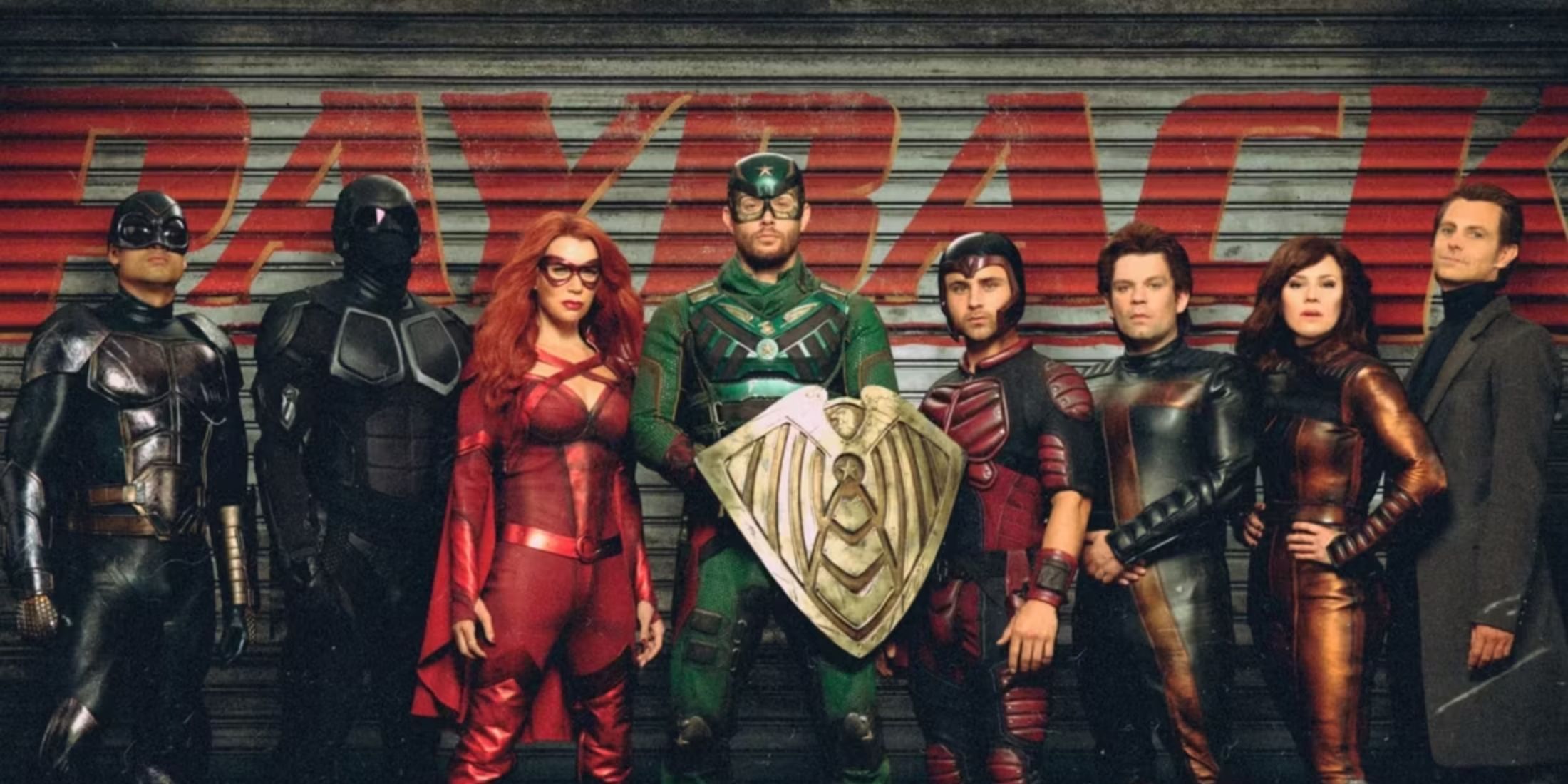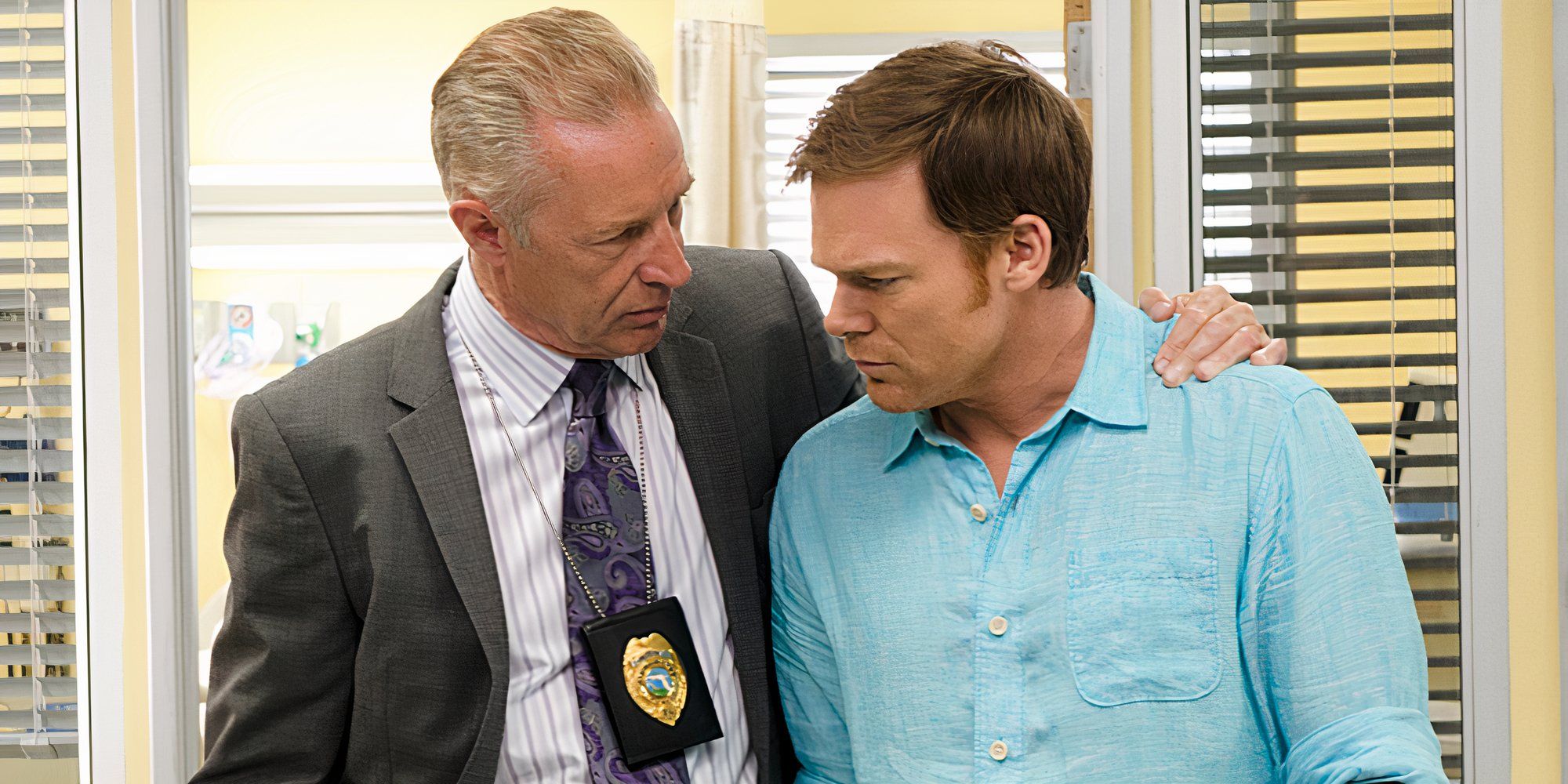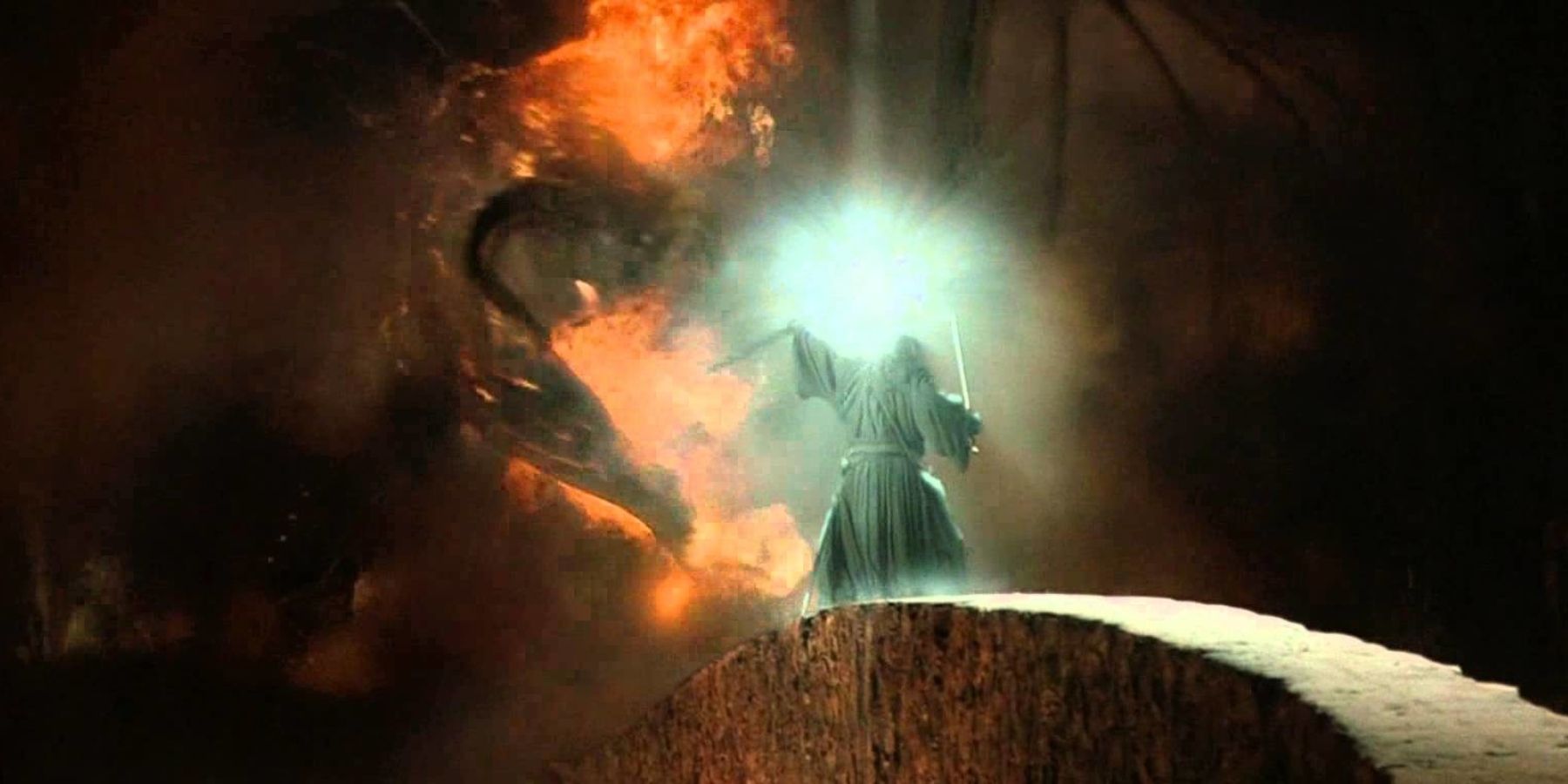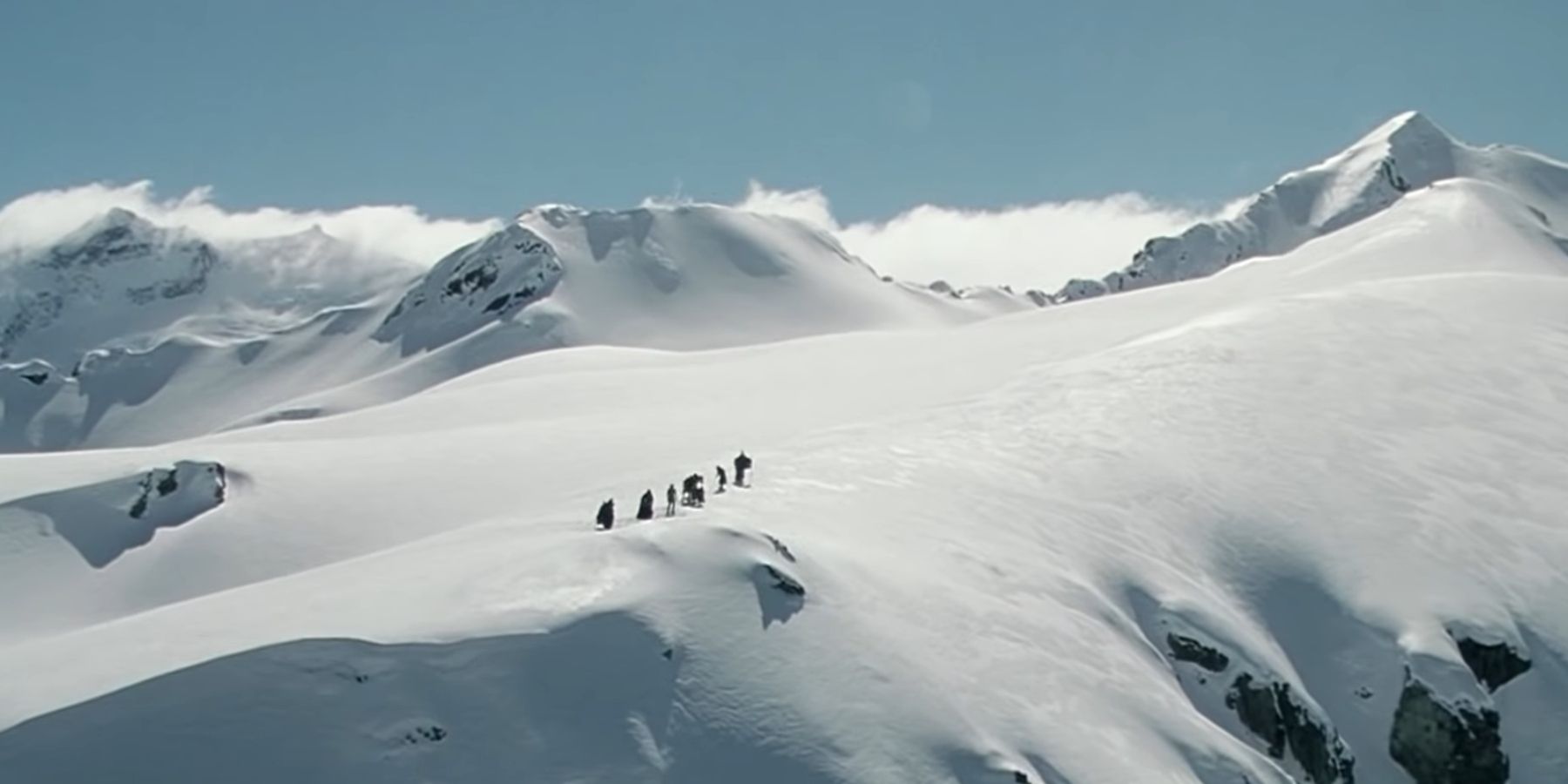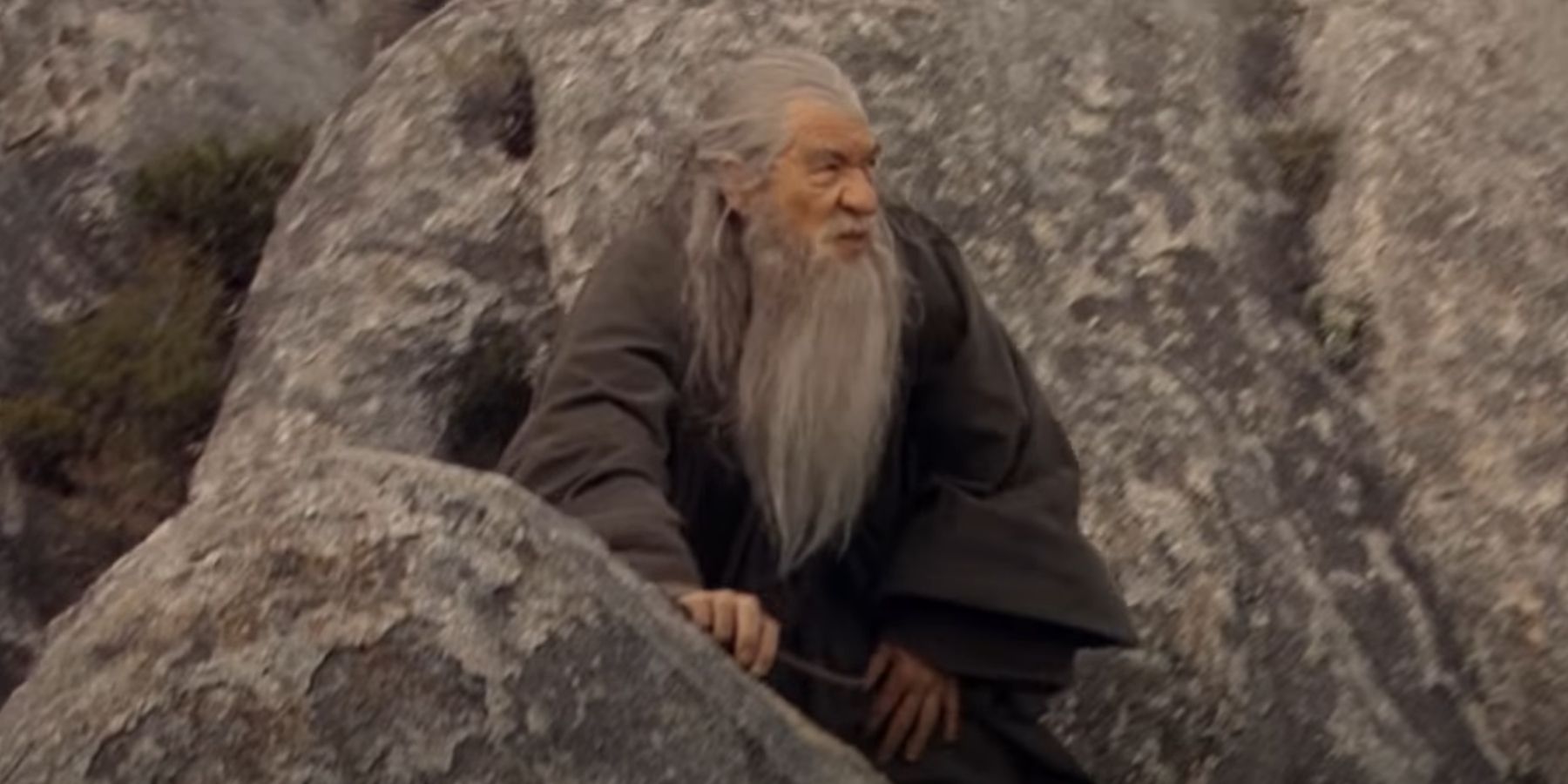There are many scenes in Peter Jackson’s on-screen adaptations of the Lord of the Rings trilogy that have been altered or changed from the books, but there is one in particular that both confuses and irks die-hard fans of Tolkien’s original writing. Once the fellowship has been chosen in Rivendell, they have the dangerous task of getting the ring of power all the way to Mordor undetected. There are many paths that they could take, and all roads seem to lead to equally perilous outcomes, whether it be freezing to death, dying in the dark, or tempting the weak wills of men.
The group are practicing sword skills and battle strategies on the plains, at which point Gimli suggests that they take the route through Moria, where his cousin Balin (one of the dwarves from The Hobbit films) will ‘give them a royal welcome’. But Gandalf looks perturbed by the suggestion, and replies ‘I would not take the mines of Moria unless I had no other choice.’ As the audience well knows, they quickly find themselves having to take exactly that choice, when their attempt to pass over the mountains of Caradhras turns into a deathly threatening snow blizzard thanks to Saurman's incantations from Isengard.
During this blizzard, the audience can hear Saruman the white wizard’s voice echoing around the cliffs, and he speaks in Gandalf’s mind, taunting the grey wizard about ‘the darkness the dwarves awoke in the mines.’ This is, of course, a reference to the Balrog that Gandalf later battles on the Bridge of Khazad-Dum. The other members of the fellowship are desperate to turn back as the snow and bitter wind piles around them, and Gandalf decides it is most wise to let the ring-bearer, Frodo, decide, because the fate of the world ultimately lies with him.
However, this is a very frustrating scene, because Gandalf doesn’t give Frodo the context of their being a deadly beast in the mines, and allows the ring-bearer to lead the others into a near-death experience without actually warning him of why the grey wizard didn’t want to go through Moria in the first place.
Perhaps if the wizard had presented clearer options and reasons, Frodo may have chosen differently. So why didn’t he? This is one of Jackson’s changes that definitely doesn’t make sense. In the books, it is well known that the dwarves who tried to re-establish a settlement in Moria had at first proved successful, but then gone silent. There had been no communication from Moria for quite some time, but no one knew exactly what had happened there, or why the colony had gone silent. Gandalf definitely did not know about the Balrog, or even about the orc attacks that had sent Balin and all who were with him to an early grave.
When they are traveling through the mines, Gandalf only senses the presence of the Balrog when it is too late: “I found myself faced with something that I have not met before.” Gandalf tries to seal the door shut, so that whatever this heinous foe is, it cannot follow them.
“Then something came in through the door, and the orcs themselves were afraid and fell silent. It laid a hold of the iron ring, and then it perceived me and my spell. What it was I cannot guess, but I have never felt such a challenge. The creature’s counter-spell was terrible, it nearly broke me.” This passage in the book demonstrates that Gandalf is just as shocked and overcome as the others by the appearance of the fiery beast, and he does the only thing in response that he can to protect his friends: sacrifices himself and take the monster down with him.
Therefore, the only explanation as to why Gandalf doesn’t reveal the Balrog’s presence to the others earlier in the films, is that it is a plot device used by the writers and the creative team in order to increase the dramatic tension of Frodo’s decision. This is a technique often used in film and theater, by which the audience and one of the characters is given an essential piece of information that the other characters don’t yet know, which increases the tension for the audience, who are waiting to see how things will play out when this detail is revealed.
In the books, Moria actually seems like the most sensible option, because Caradhras is impassible, the gap of Rohan would take the ring too close to Gondor, and no one knows what the danger of Moria is. The best guess is that the fellowship have never heard of the phrase ‘better the devil you know, than the devil you don’t.'


